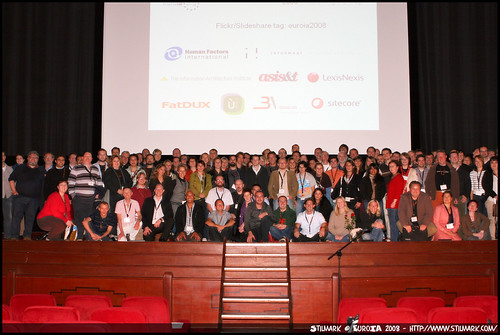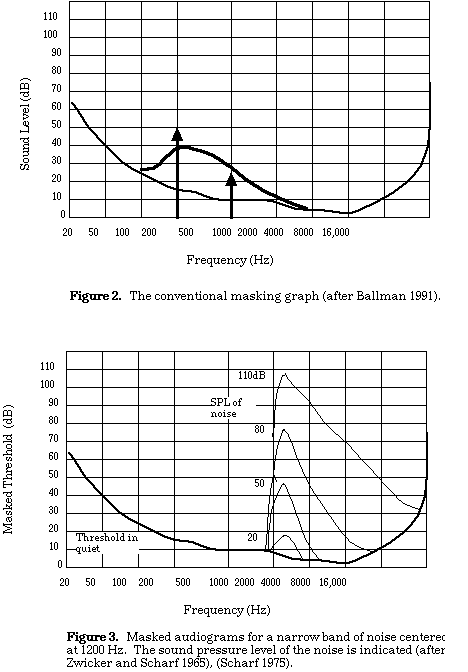I’m just back from the Euro IA Summit held in Amsterdam, September 26-27th. Overall it was a good event with many warm, interesting people in attendance. I was considering attending PICNIC as well but as I heard it was “very corporate… lots of white men with PowerPoint” I spent my time with the city instead. Hearing a speech is slightly better than reading it or watching it online, but only slightly.
The Summit kicked off with a talk from Adam Greenfield called “Why I’m Not an Information Architect and You Shouldn’t Be Either.” Where the community used to be filled with electricity — taking on great new challenges — he lamented it’s now focused on creating wireframes for websites. This doesn’t feel like the field that will create Bruce Sterling’s Spimes. Adam’s focus lately has been Ubicomp, and he talked about how “power and grandeur lie beneath the user interface, in the API” and that “IT has dissolved into behavior” like the swipe of an RFID-enabled train card.
There’s a lot to react to there. I agree the field is not nearly as exciting as it was seven years ago, and this state makes a lot of us that are comfortable with innovation wonder what communities we should mix in and what IA should be (see Matt Milan’s thoughts for another perspective). At the moment I’m trying to pull back and see information architecture as a new but somewhat established field. Invention used to be necessary of everyone, but now it’s only needed from a few. Compare it to an established field like electrical engineering. At the beginning there was a lot invention, but now we know enough to simply do it. Today, some engineers continue to push the envelope with the design of microprocessors while others specify the wiring in the next model of speaker phone. I would expect IA to settle into the same spread.
Ruud Ruissaard of Informaat discussed the current state of content management which can be summarized by satisfaction rates around 37%. He advocated for a more holistic approach to address systems and processes and management. I have to think CMS will go the way of portals, with everyone realizing there’s a lack of flexibility in large installed systems. Instead, let’s move content to the cloud and pull it out with flexible APIs.
(more…)





 Art Kleiner revised
Art Kleiner revised 
